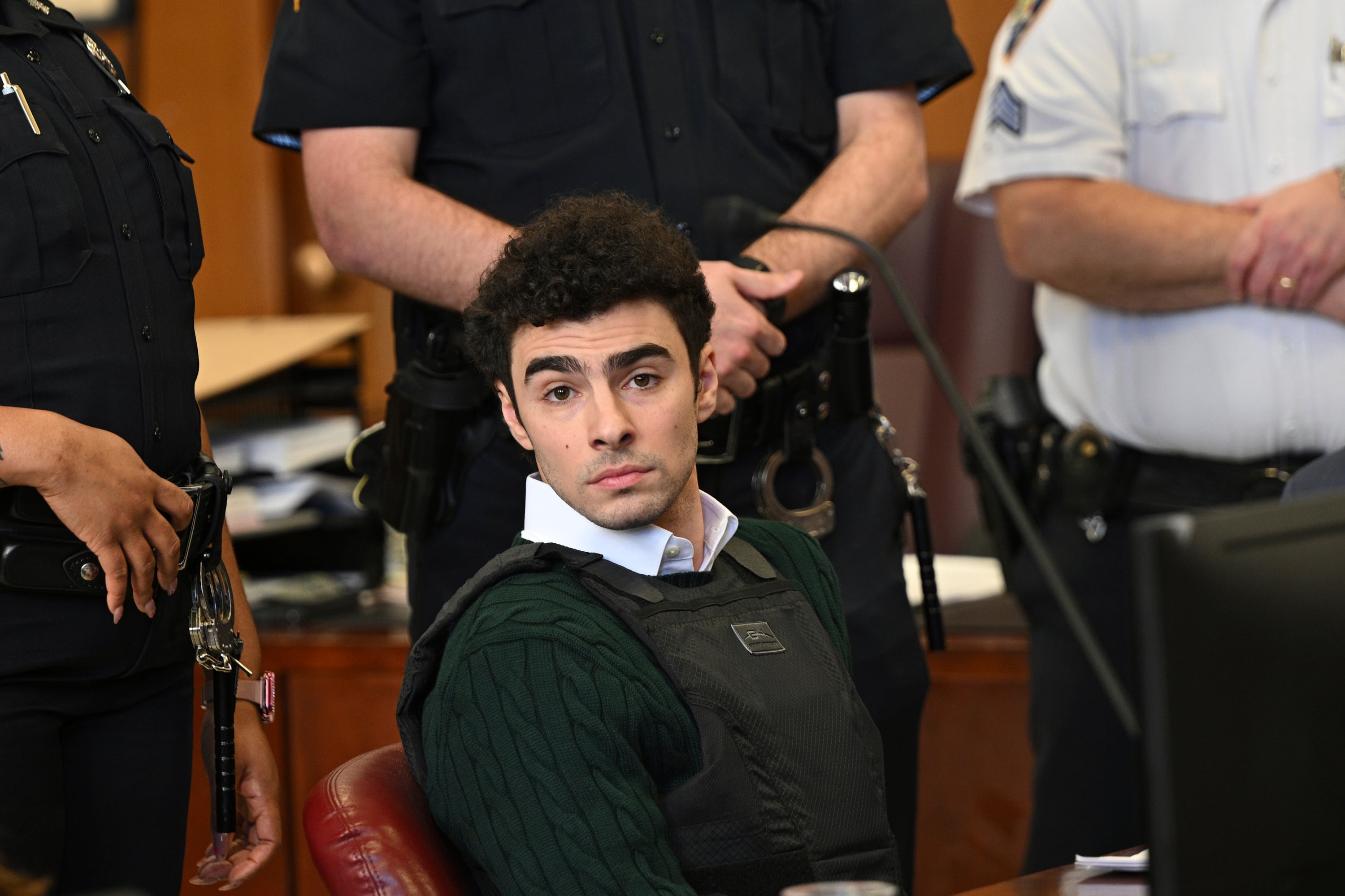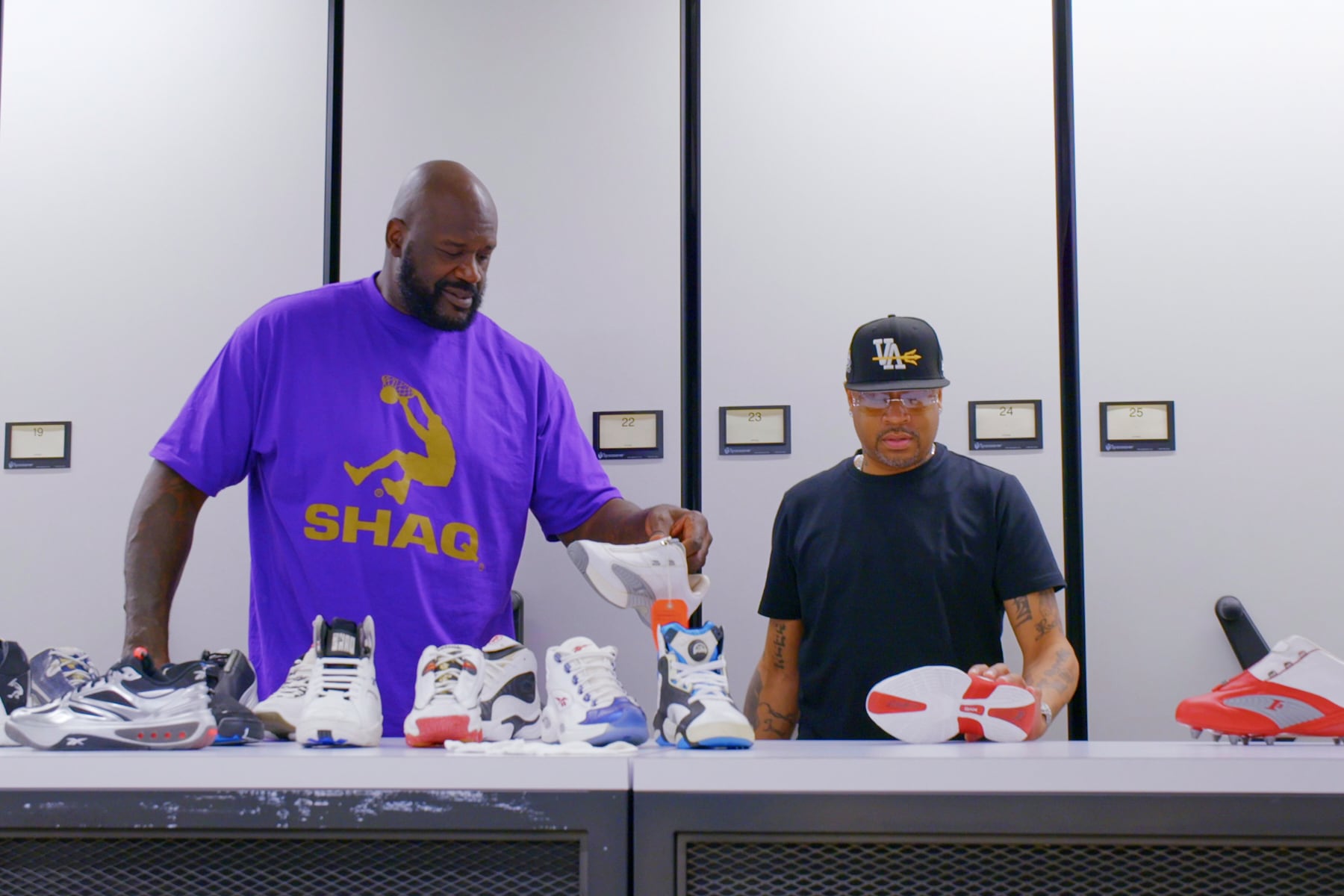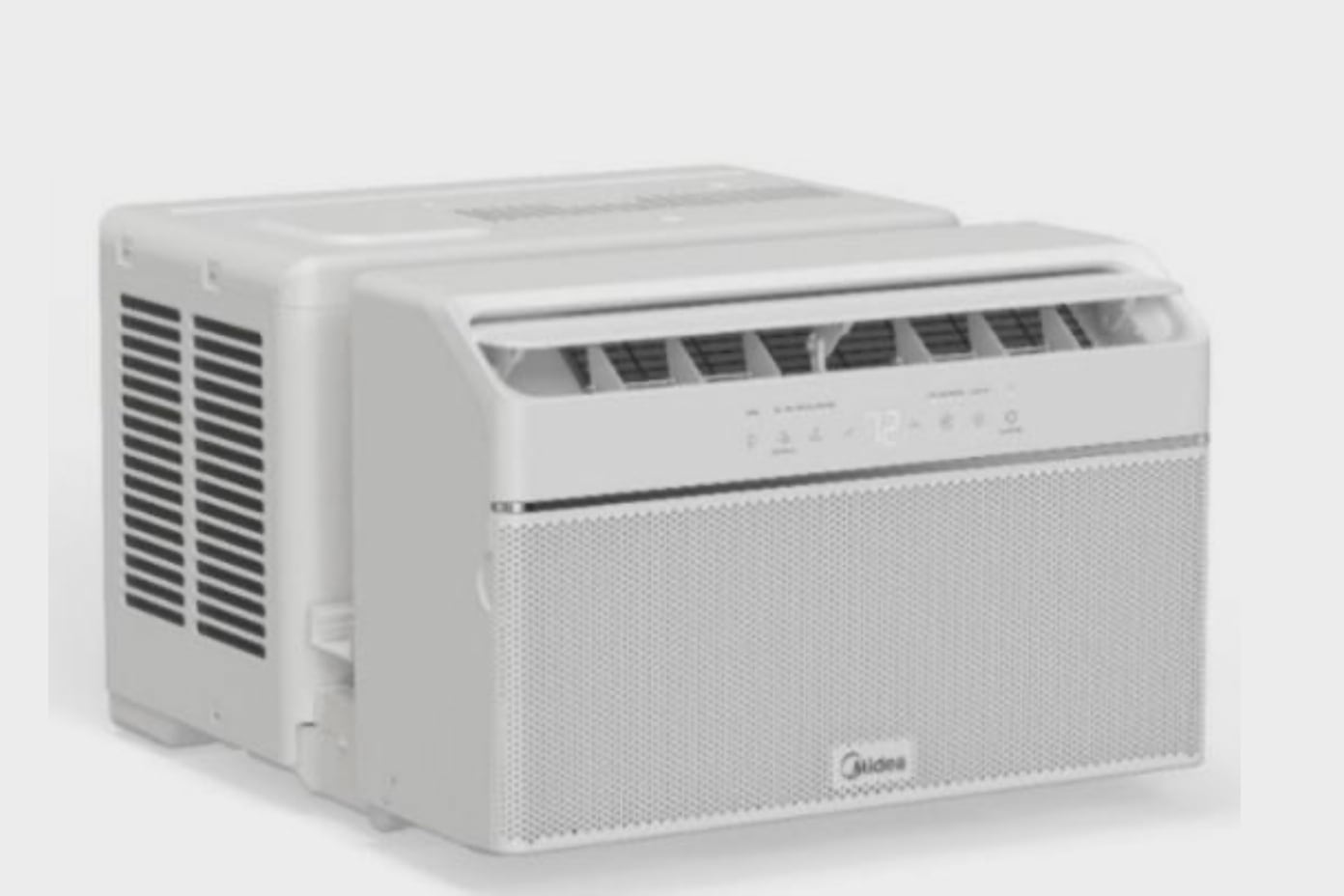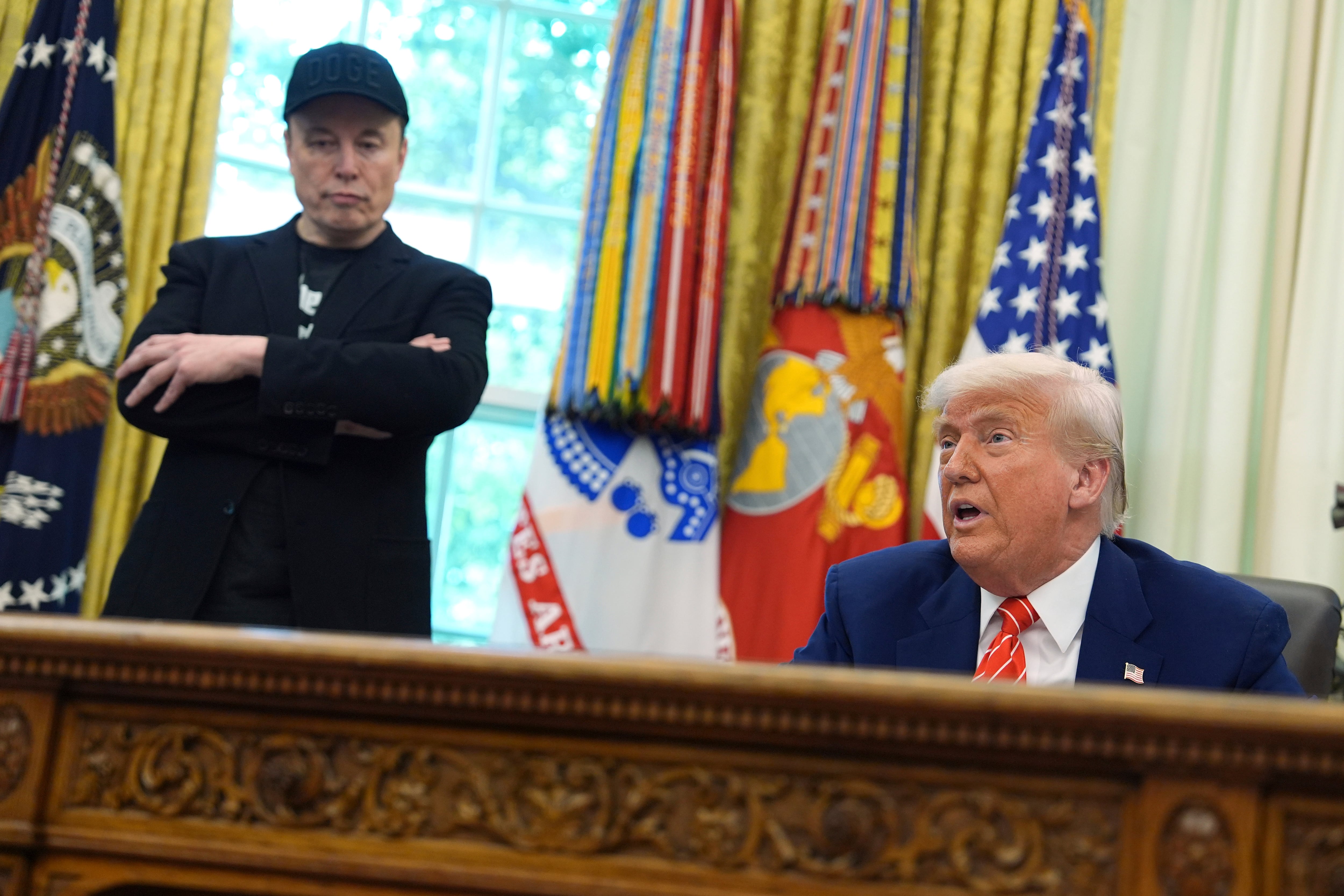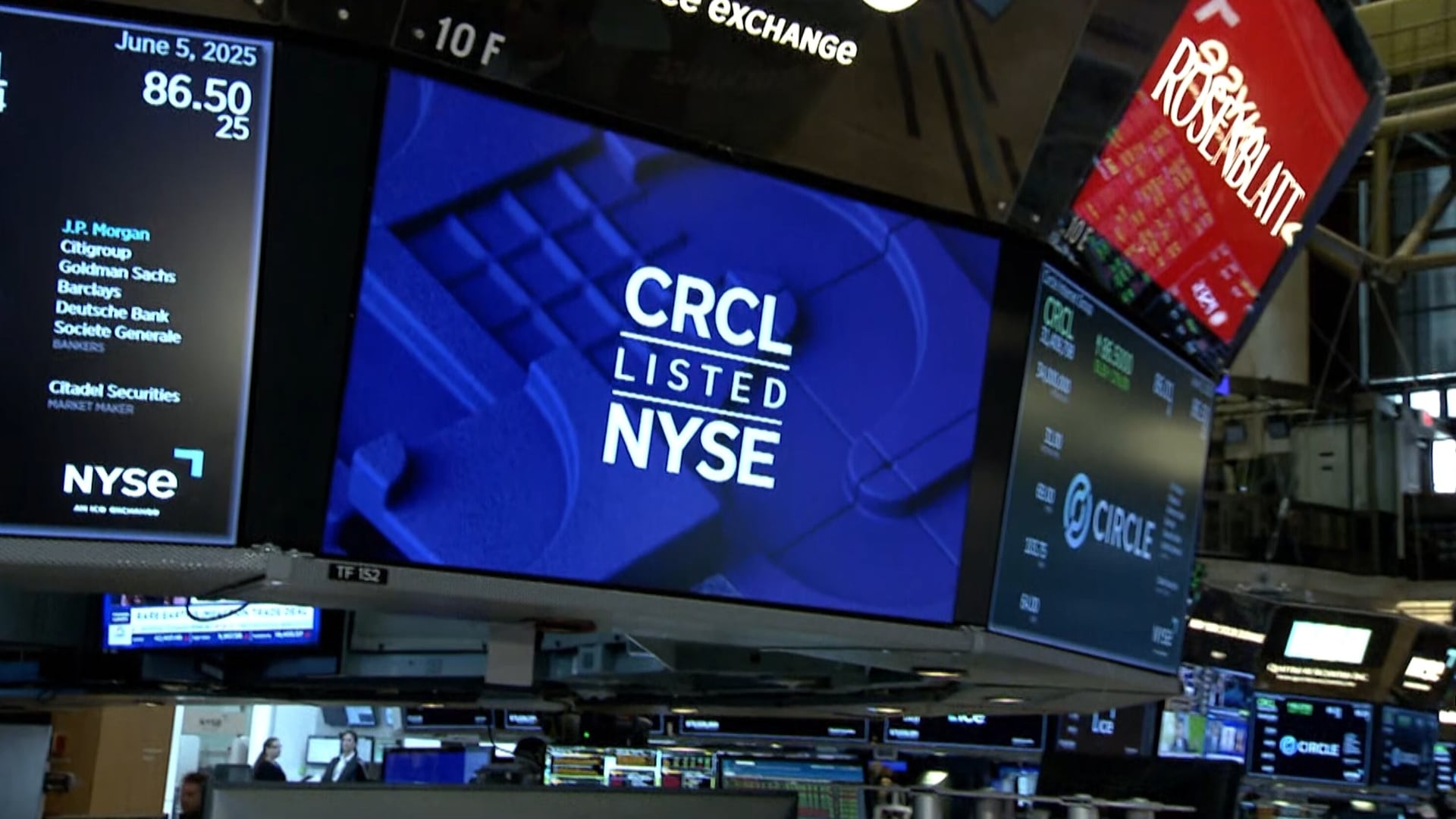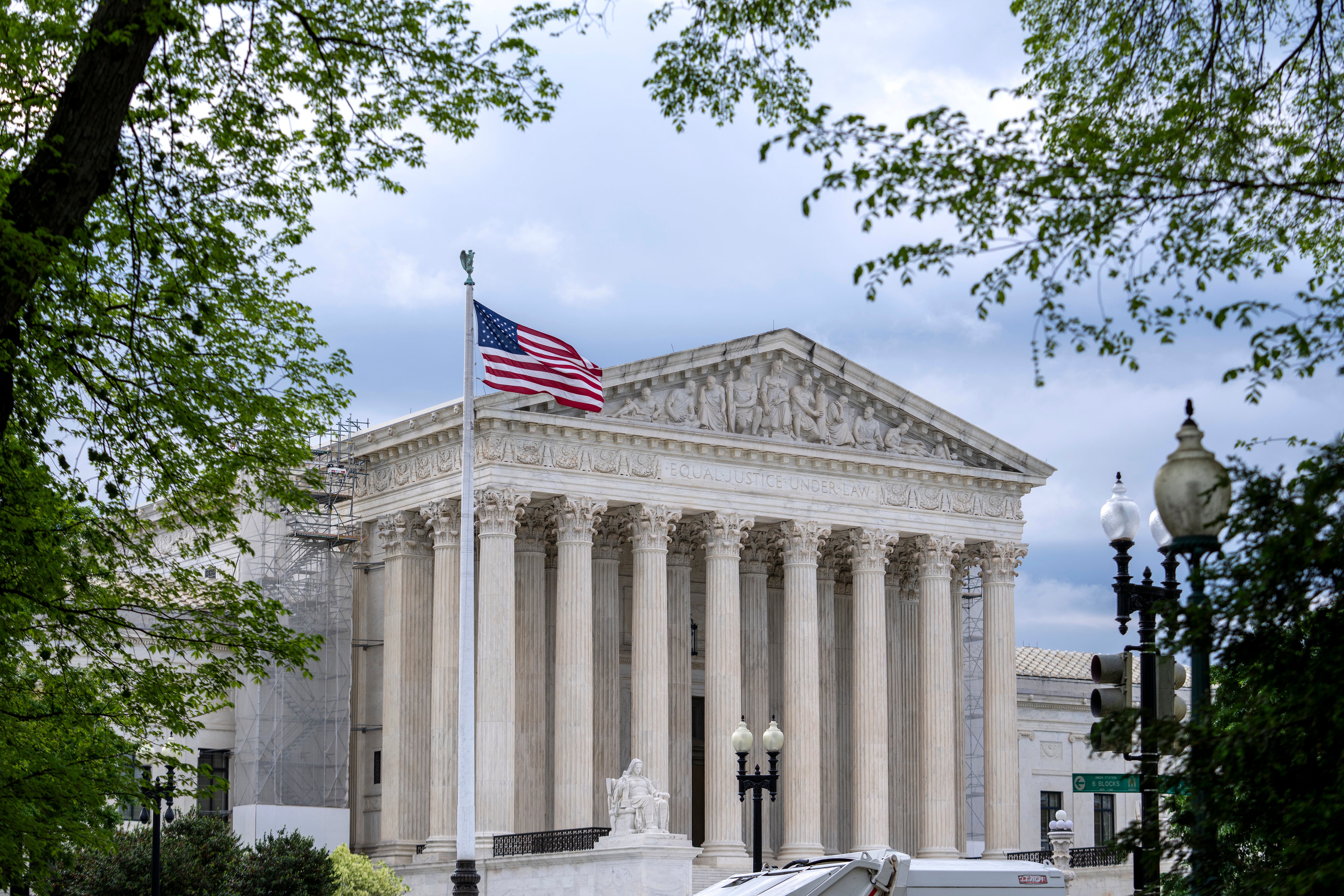By Joseph Pisani
Americans spent less last month, partly due to bad weather in parts of the country that kept shoppers away from stores.
Retail sales fell a seasonally adjusted 3% in February from the month before, the U.S. Commerce Department said Tuesday. The decline comes after retail sales soared in January as people spent $600 stimulus checks sent at the end of last year. In fact, the Commerce Department revised its January number upwards to 7.6% from its previously reported rise of 5.3%.
Analysts at JPMorgan Chase had expected retail sales to dip in February after icy weather in Texas knocked out power and forced some stores to temporarily close. The bank said credit and debit card spending fell sharply after the storm in Texas, as well as nearby states, such as Arkansas and Mississippi.
Retail sales are expected to rise again in March as many Americans get $1,400 direct payments, part of a $1.9 trillion COVID-19 relief package that was signed into law last week.
“With healthier and warmer days nearing, and generous stimulus checks on their way, consumers are poised to shake off the winter chills," wrote economists at Oxford Economics.
Wider distribution of vaccines is also expected to boost economic growth in the second half of this year as people become less fearful of catching the virus. There’s already signs of that happening: Employers added a robust 379,000 jobs in February, helped by a sharp increase of hiring at restaurants and bars, suggesting that Americans are going out again as states relax restrictions.
But the Commerce Department said Tuesday that Americans cut spending at nearly all types of stores in February. The biggest drops were at department and sporting goods stores, which fell 8.4% and 7.5%, respectively. Even online sales, which have soared nearly 26% in the last year, fell more than 5% last month.
The only place where sales rose last month were gas stations, up 3.6% in February. Sales at grocery stores were essentially flat.
Tuesday’s retail sales report covers about a third of overall consumer spending. It doesn’t include haircuts, hotel stays and other services, which have been badly hurt by the pandemic.

